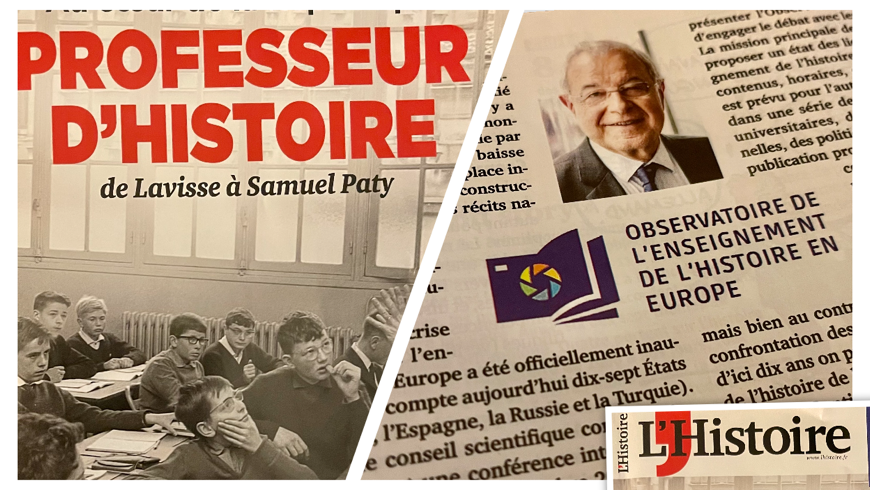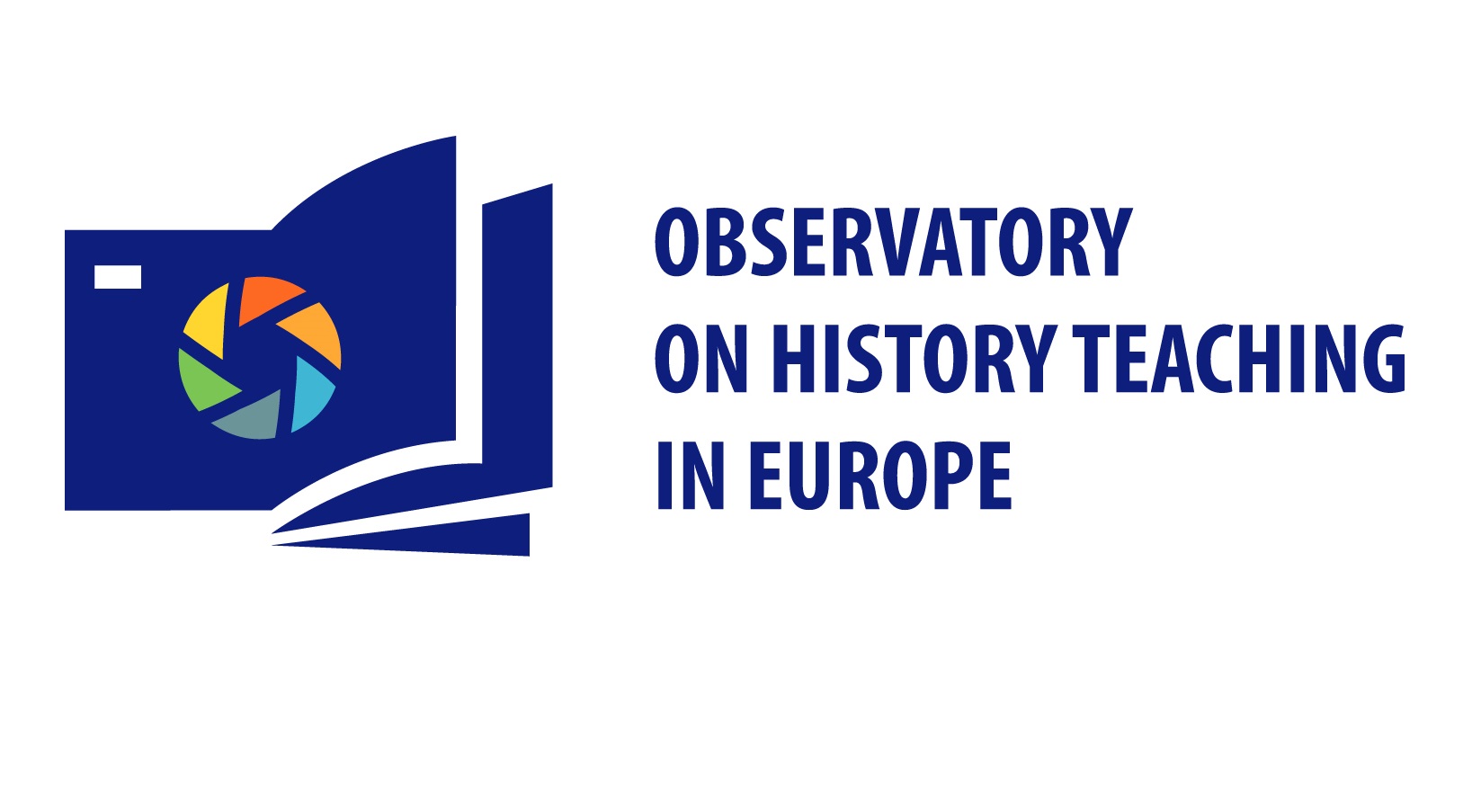The recent tragedy reminds us that the teaching of history still causes a lot of tensions and that this is a situation not without danger. History reflects our common past, and history teaching can help Europe to work towards a more open and inclusive society, where all our histories are heard equally. This desire for access to information, sharing of knowledge, understanding of others, and preservation of peace has led to the creation of the Observatory for History Teaching in Europe. Inspired by the 2019 'Lamassoure Report', which was by and large largely taken up by aggregated-history teacher Cécile Leyrat's survey in the last issue of L'Histoire, the Observatory builds on the Council of Europe's decades-long work in the field of history teaching, offering new insights into the way history is taught in member countries. As we learn more about history through academic research, the Observatory also wants to assess how this information is passed on to future generations and how this learning improves young people's understanding of democracy.
Alain Lamassoure, now as President of the Governing Board of the Observatory on History Teaching in Europe, interviewed by L'Histoire, recalls the genesis of the project:
"the survey I coordinated two years ago reinforced my idea that the rise of nationalism could be explained in part by the shortcomings of school history: a drop in the number of hours devoted to the subject, an insignificant place given to the history of European construction, a return to national narratives, and a lack of consultation between States.”
Piero Colla is a historian, professor of political sociology at the University of Strasbourg and member of the Observatory's Scientific Advisory Council. In the dossier prepared by L'Histoire, he draws up a picture of the different historical teachings in Europe. He notes that each country functions very differently, both in terms of content and form. For example, in Italy, where "in secondary schools, history is generally taught by philosophy or literature teachers (...)", whereas France has specialised teachers and Germany trains teachers who are bivalent in history and another discipline. The methods, distinguished by Alain Lamassoure in his 2019 report, are either factual, or oriented towards the acquisition of transversal skills, "whether scientific or ethical".
The author therefore legitimately raises the question: what does the future hold for history teaching at national and European level. Some observers note that the teaching of history is in "crisis", with opposing visions and insurmountable debates. For this purpose, far from wanting to unify history teaching programmes, the Observatory on History Teaching in Europe sees itself rather as a mediator, a facilitator of exchanges between States. Cécile Leyrat concludes:
"[...], without claiming to settle the question, we will simply insist on the European dimension of these debates.”




